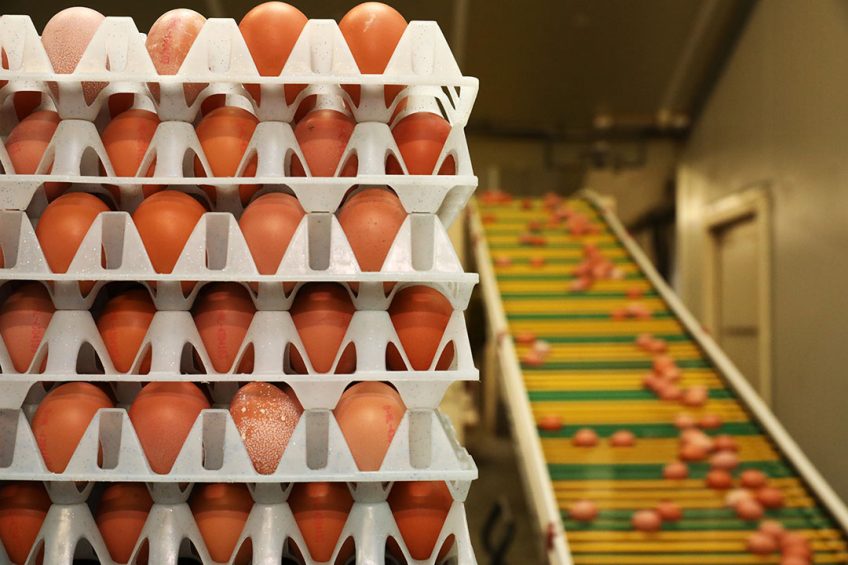Egg sector and welfare groups join in opposing low standards

Egg industry leaders and animal welfare groups have joined forces to criticise the UK Government for failing to do more to protect the sector against the threat of low welfare standard imports.
They are particularly concerned that without sufficient tariffs, eggs and egg products will be imported from third countries which do not meet basic hen welfare requirements, allowing them to undercut domestic egg production.
In developing our approach to future trade and upholding domestic standards, we are mindful of the importance processed eggs and similar products play in the market.”
The British Egg Industry, Compassion UK and the RSPCA wrote to International Trade Secretary Liz Truss and Environment Secretary George Eustice asking for support for egg producers post Brexit. But in a joint statement, the Government – while making it clear that it was committed to upholding high environmental, food safety and animal welfare standards after leaving the EU – also highlighted the importance of processed eggs in the UK market. “In developing our approach to future trade and upholding domestic standards, we are mindful of the importance processed eggs and similar products play in the market,” it said.
 Brain cells indicate hen welfare
Brain cells indicate hen welfare
Over the next few years 20 institutes throughout Europe will be studying laying hen welfare issues in enriched cage and non-cage systems. Dr Tom Smulders, a neuroscientist, says that the welfare of the birds is actually a function in their brain.
No double standards
Mark Williams, BEIC chief executive, welcomed the commitment not to compromised on high environmental protection, animal welfare and food standards, but said the approach must also apply to imports. “We cannot allow the Government to operate double standards where UK farmers have to continue to produce to high standards, yet allow imports produced to lower or no standards at all – this would be a moral outrage for consumers and catastrophic for our farmers, supply chain and the UK’s reputation for high standards of welfare, environmental protection and producing safe food for consumers,” he added.
We cannot allow the Government to operate double standards…”
David Bowles, RSPCA Head of Public Affairs, added: “Without trade and domestic policy acting in concert, there is every chance that battery caged eggs will be back on the menu and we risk a race to the bottom of our animal welfare and food safety standards.” And Nick Palmer, Head of Compassion UK, said: “Without adequate tariffs to only allow imported products produced to UK standards, the doors will be wide open for powdered and liquid eggs from countries with lower or no animal welfare standards – this is not what UK consumers expect of our Government which promotes high standards of hen welfare, environmental protection and food safety.”
Feathers ruffled in free-range poultry sector
The Government’s stance has also ruffled feathers in the free-range sector. Robert Gooch, British Free Range Egg Producers Association chief executive, said his members had led the world in pioneering high-welfare free-range egg production for more than 30 years: “We face the real threat of being undercut by a tidal wave of eggs from hens kept in conditions which are illegal in this country.” Mr Gooch called for the current level of egg tariffs to remain post Brexit.
Join 31,000+ subscribers
Subscribe to our newsletter to stay updated about all the need-to-know content in the poultry sector, three times a week. Beheer
Beheer











 WP Admin
WP Admin  Bewerk bericht
Bewerk bericht